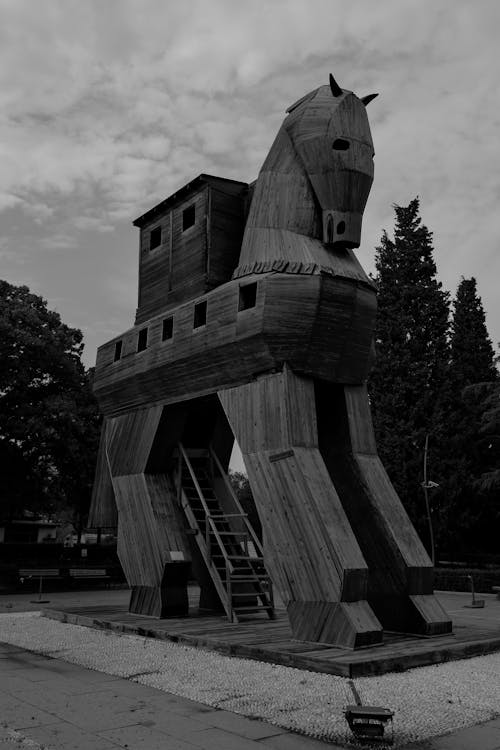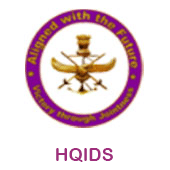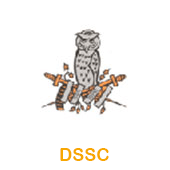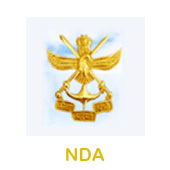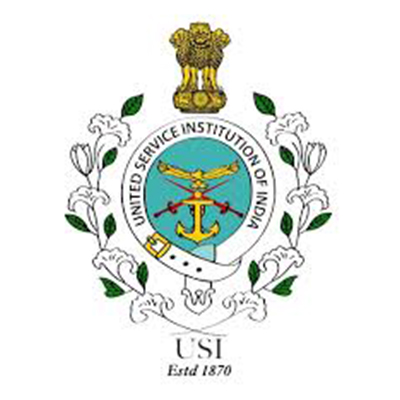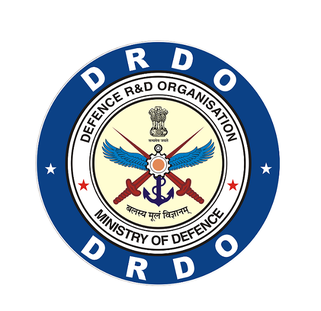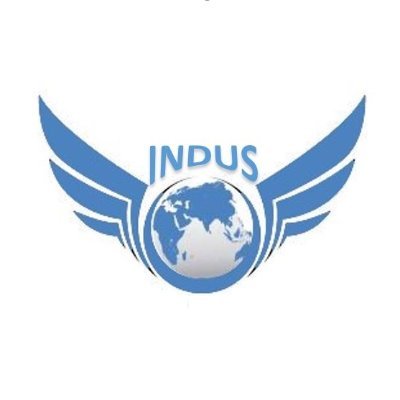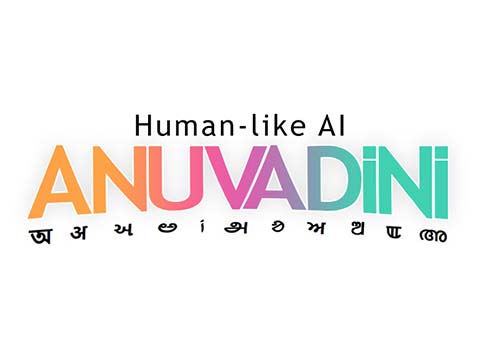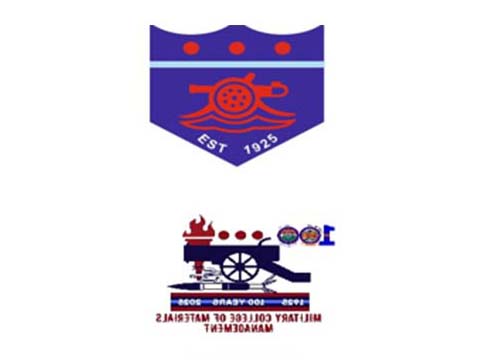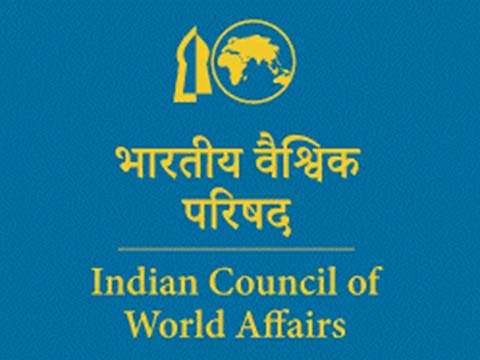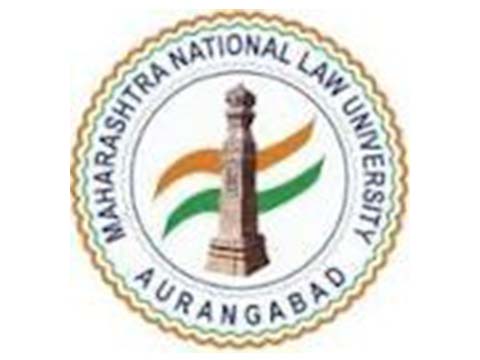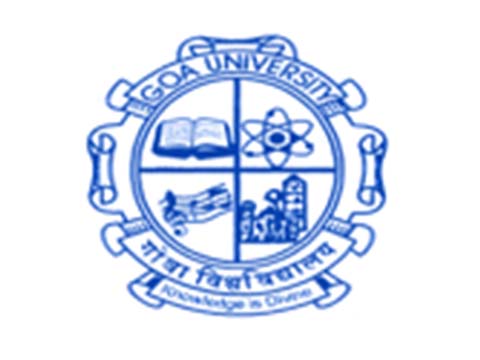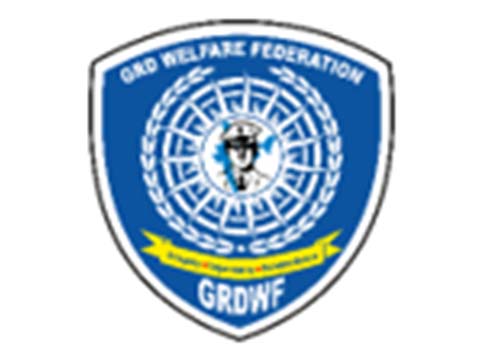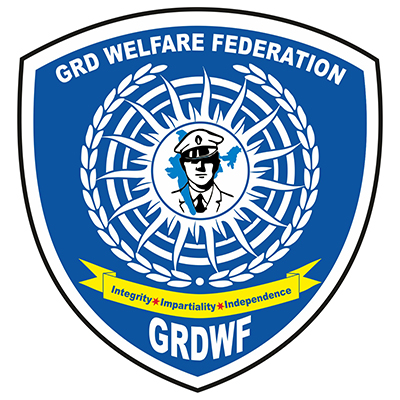Background
Marked by rampant foreign interventions, political instability, corruption and gang violence, Haiti comes out to be the poorest country in the Western Hemisphere today[1] This paper analyses the sequence of events that have led to this humanitarian and security crisis in the nation. The assassination of Prime Minister Jovenel Moise in 2021 served as the final straw in Haiti’s ready-to-crumble structure. Today, it has seen a presidential resignation in the face of increasing domestic and international pressure because the de facto president Henry was not favoured by the population or the international arena but most importantly by the gang leaders in Haiti. His term came to an end with an urgent call for UN and foreign intervention to bring the gang violence in Haiti to an end. But, if the UN were to intervene, this would not be the first time that they do so. Haiti’s current plight and destruction have in fact largely been attributed to the three foreign interventions since 1900. Two of these were by the United States and one was in the form of a UN intervention but that was also led by the US forces. Today, the nation faces the challenges of extreme hunger, poverty, failed governance and justice system, lack of security and rampant corruption. All these with a history of failed foreign intervention make us look into the reasons for the current situation along with the nature of these interventions and the reasons for their failure[2].
History of Colonisation
Haiti was a French colony from 1795 to 1802 and was mainly exploited as a plantation economy under works by the West African Slaves. However, its independence in 1802 also came with a price in the form of a “moral debt” that French King Charles believed Haiti owed to France as he sent his troops to seek reimbursement for the French losses[3]. An attempt to fulfil these reimbursements led to them shifting their economic focus to the cultivation of cash crops instead of undergoing the process of industrialization like the rest of the world. This set back their economy from the others and created an insufferable disparity. The punitive action or the reimbursement itself is said to have drained 80% of the Haitian economy3. It left Haiti with such a low credit score that for the upcoming years, when it needed loans to recover no other nation would offer it a loan and it was left with no option but to seek the same from France.
The US Intervention
The first US intervention in Haiti came in 1915 and went on till 1934, this was during the period of extreme political instability in Haiti with the dismissal of seven Haitian presidents in the time span of four years[4]. The US intervention began with the deployment of US marines into the country along with taking away half a million dollars from the Haitian National Bank to New York for keeping it safe in 1914. Many scholars and locals have deemed this to be more of an occupation of Haiti by the US rather than an intervention as this period was marked by complete US control over the Haitian economy and security, the violent suppression of locals by the US marine leading to massive death tolls along with social injustices like racial segregation, press censorship and forced labour. The scars of this occupation were further deepened as it was the Haitian Gendarmerie that the US used to carry all these atrocities out. Haitian Gendarmerie was a force led by US Marines with Haitian locals enlisted in it to control the local rebellion and backlash[5]. It was finally in 1934 when Franklin D Roosevelt implemented his Good Neighbourhood Policy that the US forces departed from Haiti.
The second US intervention started in 1994 under the name “Restoring Democracy” in the backdrop of a military coup in Haiti followed by repeated US sanctions and the arrival of 20,000 US troops in Haiti to restore the democratically elected Prime Minister Aristide back to power4. This was run alongside a UN mission which also started in 1993 and a fraction of both the troops remained in Haiti till 2000. It was largely the actions of the US troops here that are attributed to the complete dissolution of the Haitian military as a result of trying to get rid of the military coup. Since the gangs in Haiti at the time of the second US intervention, largely supported the Arstide government, they did not seem to rebel against the intervention, the backlash that they faced was largely from the overthrown military[6]. Hence the US government tried to dismantle the Haitian security forces that they only had trained and structured under the Haitian Gendarmerie. To fulfil this purpose, they pumped up the gangs and did not try to dismantle them[7]. Another major critique of the UN and US forces at the time was their little knowledge of the Haitian local culture, and environment and their beliefs about voodoo and HIV plaguing the population’s perception stopped them from interacting with the locals.
However, it is important to note that this mission was successful only for a limited period as Aristide was ousted again in 2004 due to local rebellion and international pressure (led by the US) to resign. The US troops along with troops from France, Chile and Canada again intervened in the domestic scenario to handle the rebellion. The UN Stabilization Mission in Haiti soon took over from these troops and that marked the end of direct US military intervention in the country.
UN Missions and Interventions
Apart from the deployment of the UN troops in the face of political Instability, the UN has had multiple other missions in Haiti, including the MINUSTAH and MINUJUSTH. The UN Stabilization Mission in Haiti mentioned above was succeeded by the United Nations Mission for Justice Support in Haiti which went on till 2019 and was started in 2017[8]. However, the gang violence was only under control as long as the UN troops were present in the region, their departure marked a resumption of violence with an uptake.
The MINUSTAH mission faced primary criticism in 2010 in the aftermath of the Haitian earthquake when UN peacekeeping forces committed numerous Human Rights violations including rapes8. They also were accused of bringing with them cholera and dengue from Nepal which rapidly infected the Haitian population in a nation without an effective healthcare system. Although the country was declared cholera-free in 2022, the ineffective and lack of equipped nature of the healthcare system is causing cases to resurface again in the country. The major challenge for any UN force or UN action including the MINUJUSTH that followed or might be planned in the future will be to deal with a hostile local population because of the distrust created by the 2010 response.
A lack of integration with the local government and capacity building of the political structures alongside the UN interventions have largely contributed to the lack of positive progress and development in Haiti. This can be in the case of the UN Stabilization Mission from 2004 to 2010 which was largely successful in reducing gang activity8. However, the gang ties with the political leaders proved to be the major hurdle for the forces. The UN mission noticed the gaps in the Haitian justice system too as they attempted to dismantle the gangs by arresting the major leaders and stopping the flow of arms but since corruption and ties between politics and gangs went deep, coupled with an absence of evidence gathering mechanisms, the gang leaders would ultimately get free from the prisons once the UN forces departed.
Economic Debt and Aid
Haiti is currently heavily in debt with a 5 billion USD outstanding amount which totals 30% of its economy[9]. It is also dependent on foreign aid, majorly from the UN and USAID (US Agency for International Development). Especially in the years following the earthquake till 2020, it was completely dependent on UN aid. USAID being the largest donor to Haiti since the earthquake[10] also keeps the USA involved indirectly in Haitian politics and domestic affairs offering a certain degree of control[11]. The issue cited repeatedly with this economic aid, especially the one following the 2010 earthquake is that its utilisation and distribution were assigned to foreign organisations and players, leading to the local government and institutions being deprived of funds. This NGO-led development has come at a cost of privatisation and open market reforms led by the World Bank and IMF. It has also created a hunger crisis in Haiti depleting food security due to the destruction of their traditional production models and making them completely reliant on imports. This all started with the arrival of US forces in 1994 which came at the conditional agreement of structural adjustment policies in Haiti.
India’s Response to the Crisis
India’s engagements with Haiti have always been positive and true to the overall global nature of Indian diplomacy i.e., active involvement in United Nations Missions, Humanitarian Assistance, Developmental efforts and provisions for developing/least developed nations and catering to the Indian diaspora abroad.
India has been actively sending troops to the UN Peacekeeping missions being the fourth largest contributor of forces. In the case of Haiti as well, India deployed CRPF Troops to Haiti under the UN mission way back in 1995[12]. The success and appreciation for the same led to India sending a 140-member formed police unit as part of the MINUJUSTH in 2008 as discussed above13. They were composed of different regiments including Assam Rifles, BSF and CISF and departed Haiti after the completion of the mission in 2019. There we approximately 3,260 police officers assisting the Haitian police force since 2008[13]. India has also been raising concerns over the political turmoil and violence in Haiti on platforms like the United Nations Security Council in the early months of 2022[14].
India’s interactions with Haiti have been limited in terms of opportunity, this could be attributed to a variety of reasons including the security situation, Haiti’s domestic political and security situation and the limited Indian diaspora in Haiti. The latter contains about 70 Indian nationals (those registered with the Indian Embassy) who are working professionals settled in Haiti[15]. India does not have an embassy established in Haiti and the one in the Dominican Republic is used for dealing with communications and operations related to Haiti.
In the face of the Presidential resignation and flareup of gang violence this year, India has established efforts to assist Indian nationals in Haiti. It started with establishing a 24-hour hotline to establish a connection with them from the Dominical Republic embassy. It proceeded to then launch Operation Indravati to evacuate those who reached out.
Looking at the future of the crisis and Indian involvement, it would be encouraged to stay on the path of providing developmental assistance in the form of a continued effort. India has already granted duty-free access to Haitian products and offers assistance in Educational Programmes and relief assistance during earthquakes and hurricanes. In the absence of an established government, it would be counter-productive for India to lead a UN troop there and hence it should continue working on assisting it in developmental efforts otherwise.
A Multifaceted Approach: Addressing Haiti's Crisis through Comprehensive Reforms
The assassination of President Jovonel Moise in 2021 has sparked an increase in gang violence at an unprecedented level. The capital city and major routes are now all captured by gangs which vary from 150 to 200 in number[16]. Their presence comes with rampant killings, kidnappings and displacement calling for an urgent humanitarian response. However, before we proceed to that it is important to understand the recruitment and presence of these gangs is present on a large scale because of the economic conditions and social structure of Haiti which have an enormous gap in terms of basic needs.
The resignation of the de-facto president has created a vacuum in Haiti’s already insatiable politics again with no functioning government. The resignation came following repeated threats from the gang leader along with the threat of a full-scale civil war. The call for a UN intervention made before resignation in 2023 called for multiple UN meetings which decided that they would send troops. However, the history of past interventions and the lessons learned from them made countries like the USA and Canada refuse to lead the mission and provide assistance instead[17]. It was in such a scenario that Kenya stepped up to lead the troops for the UN mission, however, the untimely and earlier-than-anticipated resignation followed a ruling from the Kenyan courts ordering a refusal to engage in such a mission and send troops in a country without a government[18]. The mission is hence currently at a stalemate position. This gives us time to reflect upon past experiences of dealing with political instability, economic crisis and violence in Haiti to reform the efforts at bringing sustained peace to the country.
In the face of the current crisis, stability from local movements or efforts alone seems unlikely in the absence of strong justice, governance or security institutions. Hence foreign aid and intervention in forms of military and economy both do seem necessary. However, based on past experiences, the same should not occur in isolation from local agencies11. The aim here should not just be to restore democracy in Haiti like the US-led operation but to restructure strong institutions of governance.
The foreign assistance model needs to follow the capabilities approach and focus on human development and investing in their capabilities by providing them with opportunities. This could be done with local NGOs and a focus needs to be present on developing participatory democracy to remove the rampant corruption in the political system and governance. An approach to human development and provision of opportunities will also break the recruitment base for the gangs as the youth will find access to their needs. This needs to be coupled with rehabilitation efforts to ensure their distance from the gangs they were once affiliated with and address the violent actions or behaviours.
While our solutions need to focus on learning from past lessons, past injustices that occurred at the hands of foreign intervention also require accountability of responsibilities. UN agencies need to work towards generating debt forgiveness from France to Haiti along with reparations from the US and France both for the damage caused by their actions to their society and economy. This needs to be coupled with the removal of the unfair trade practices and agreements that had been put in place in exchange for foreign aid like those making it reliant on imports and forcing the destruction of local production. Local production can further be boosted by utilising quality Haitian produce like coffee and expanding its market to make it a global player.
Strengthening of the economic base and flow of resources will only be sustainable by putting established systems of justice into place to avoid a repeat situation of UN intervention where the lack of effective justice mechanism and law and order led to an easy release of gang leaders from prison upon the departure of troops. United Nation’s mission will have to focus on building stronger justice mechanisms in Haiti and those that can function independently from the governance structure to allow for greater accountability and transparency.
A sustained sense of security and lasting peace will only be possible if Haiti has its own specialised and trained force. Opinion polls show support for the Haitian Police Force and their improvement over the years; hence their local presence and popular support should be used as they should be at the front of countering and eliminating gang violence with budgetary and training support and backup from foreign forces, unlike past interventions where the foreign troops have led the missions[19]. The end of the UN mission, should also aim at establishing a moral and transparent armed military force for the nation or strengthen and equip the HPF to counter future security threats without foreign assistance.
Conclusion
There are several possible issues and challenges that could arise with a Kenya-led UN force infusing a language barrier along with concerns over Human Rights abuses based on the rampant cases in their own domestic setting[20]. The solutions suggested above are likely to facilitate sustained peace in the country. At the very least, involvement with the local institutions would not lead to a public backlash because of mistrust and would not lead to a worsening of violence and segregation in Haitian society. Also, it is important to note that these solutions have been drawn from the lived experience of Algeria which much like Haiti had a history of foreign occupation, neoliberalism, and aid dependency because of foreign intervention but still has been largely successful in establishing its own governance structure and institutions[21]. The nature of this United Nations mission or perhaps the lack of it in Haiti could either result in a continuation of this endless cycle of intervention and violence or could lead to a roadmap towards lasting and sustainable peace.
DISCLAIMER
The paper is author’s individual scholastic articulation and does not necessarily reflect the views of CENJOWS. The author certifies that the article is original in content, unpublished and it has not been submitted for publication/ web upload elsewhere and that the facts and figures quoted are duly referenced, as needed and are believed to be correct.
References
- Maizland, Lindsay, Diana Roy, and Rocio Cara Labrador. “Haiti’s Troubled Path to Development.” Council on Foreign Relations, March 4, 2024. Accessed May 9, 2024. https://www.cfr.org/backgrounder/haitis-troubled-path-development
- Ciorciari, John D., and Charles Osborn. “The Perils of Another Foreign Intervention in Haiti.” Foreign Policy, October 21, 2022. Accessed May 13, 2024. https://foreignpolicy.com/2022/10/21/haiti-foreign-intervention-united-nations-peacekeeping/
- Ciorciari, John D., and Charles Osborn. “The Perils of Another Foreign Intervention in Haiti.” Foreign Policy, October 21, 2022. Accessed May 13, 2024. https://foreignpolicy.com/2022/10/21/haiti-foreign-intervention-united-nations-peacekeeping/
Coto, Danica. “EXPLAINER: Haiti’s Troubled History of Foreign Interventions.” AP News, October 11, 2022. Accessed May 9, 2024. https://apnews.com/article/caribbean-united-nations-haiti-puerto-rico-a907efcd4a1b6f4c29bcc7a17f2b4900
- Office of the Historian, Foreign Service Institute, U.S. Department of State. “Milestones in the History of U.S. Foreign Relations.” Accessed May 13, 2024. https://history.state.gov/milestones/1914-1920/haiti
- Murray, Ian, et al. “Stabilizing Haiti: A Guide for Policymakers.” Texas National Security Review, March 29, 2024. Accessed May 13, 2024. https://tnsr.org/2024/03/stabilizing-haiti-a-guide-for-policymakers/
- Laughland, Oliver. “Guns and Weapons Trafficked from US Fueling Haiti Gang Violence.” The Guardian, March 14, 2024. Accessed May 13, 2024. https://www.theguardian.com/us-news/2024/mar/14/haiti-gang-violence-us-guns-smuggling
- Pierre, Gedeon J. “HAITI: Impact of the Deteriorating Security Situation on Humanitarian Access.” UN OCHA, July 8, 2022. Accessed May 13, 2024. https://haiti.un.org/sites/default/files/2022-07/20220708_Humanitarian%20Access%20in%20Haiti.pdf
- World Bank. “Haiti Overview: Development News, Research, Data.” World Bank, April 18, 2024. Accessed May 13, 2024. https://www.worldbank.org/en/country/haiti/overview
- U.S. Agency for International Development (USAID). “HAITI – Citizen Security Program Fact Sheet.” USAID, January 5, 2024. Accessed May 13, 2024. https://www.usaid.gov/haiti/fact-sheet/jan-05-2024-haiti-citizen-security-program-fact-sheet
- Buss, Terry F., and Adam Gardner. “Why Foreign Aid to Haiti Failed.” National Academy of Public Administration, February 2006. Accessed May 13, 2024. https://ciaotest.cc.columbia.edu/wps/napa/0032011/f_0032011_26003.pdf
- MINUJUSTH. “Departure of the Indian Peacekeepers after 11 Years of Supporting the Haitian Police.” MINUJUSTH, July 25, 2019. Accessed May 31, 2024. https://minujusth.unmissions.org/en/departure-indian-peacekeepers-after-11-years-supporting-haitian-police
Ministry of External Affairs. “India-Haiti Bilateral Relations Political Relations: India’s Relations with Haiti Have Been Friendly, Though Interaction Between.” Ministry of External Affairs, August 2019. Accessed May 31, 2024. https://www.mea.gov.in/Portal/ForeignRelation/Haiti_Bilateral_Aug_2019.pdf
- Times of India. “India Highlights Haiti’s Multi-Dimensional Challenges at UNSC.” Times of India, June 17, 2022. Accessed May 31, 2024. http://timesofindia.indiatimes.com/articleshow/92268223.cms?utm_source=contentofinterest&utm_medium=text&utm_campaign=cppst
- The Hindu. “Operation ‘Indravati’ Begins to Evacuate Indians from Haiti to the Dominican Republic: Jaishankar.” The Hindu, March 22, 2024. Accessed May 31, 2024. https://www.thehindu.com/news/national/operation-indravati-begins-to-evacuate-indians-from-haiti-to-dominican-republic-jaishankar/article67979256.ece
- United Nations Press. “Deadly Violence in Haiti at Record High, Some Worst Scenarios Now Realities, Special Representative Tells Security Council, Urging Deployment of Support Mission.” United Nations, April 22, 2024. Accessed May 13, 2024. https://press.un.org/en/2024/sc15674.doc.htm
- Al Jazeera. “Biden Urges UN Security Council to Authorise International Mission to Haiti.” Al Jazeera, September 19, 2023. Accessed May 9, 2024. https://www.aljazeera.com/news/2023/9/19/biden-urges-un-security-council-to-authorise-international-mission-to-haiti
Taylor, Adam. “The History of Foreign Intervention in Haiti Is Ugly.” The Washington Post, March 7, 2024. Accessed May 13, 2024. https://www.washingtonpost.com/world/2024/03/07/haiti-foreign-intervention-history-peacekeeper/
- Organisation for Economic Co-operation and Development (OECD). “Monitoring the Principles for Good International Engagement in Fragile States and Situations.” OECD, 2010. Accessed May 9, 2024. https://www.oecd.org/countries/haiti/45600837.pdf
- International Center for Transitional Justice (ICTJ). “Kenya Police to Take on Haiti Criminal Gangs Amid Criticism of Their Human Rights Record.” ICTJ, May 10, 2023. Accessed May 9, 2024. https://www.ictj.org/latest-news/kenya-police-take-haiti-criminal-gangs-amid-criticism-their-human-rights-record
- Harb, Imad K. “Challenges Facing Algeria’s Future.” Arab Center Washington DC, July 21, 2017. Accessed May 9, 2024. https://arabcenterdc.org/resource/challenges-facing-algerias-future/








